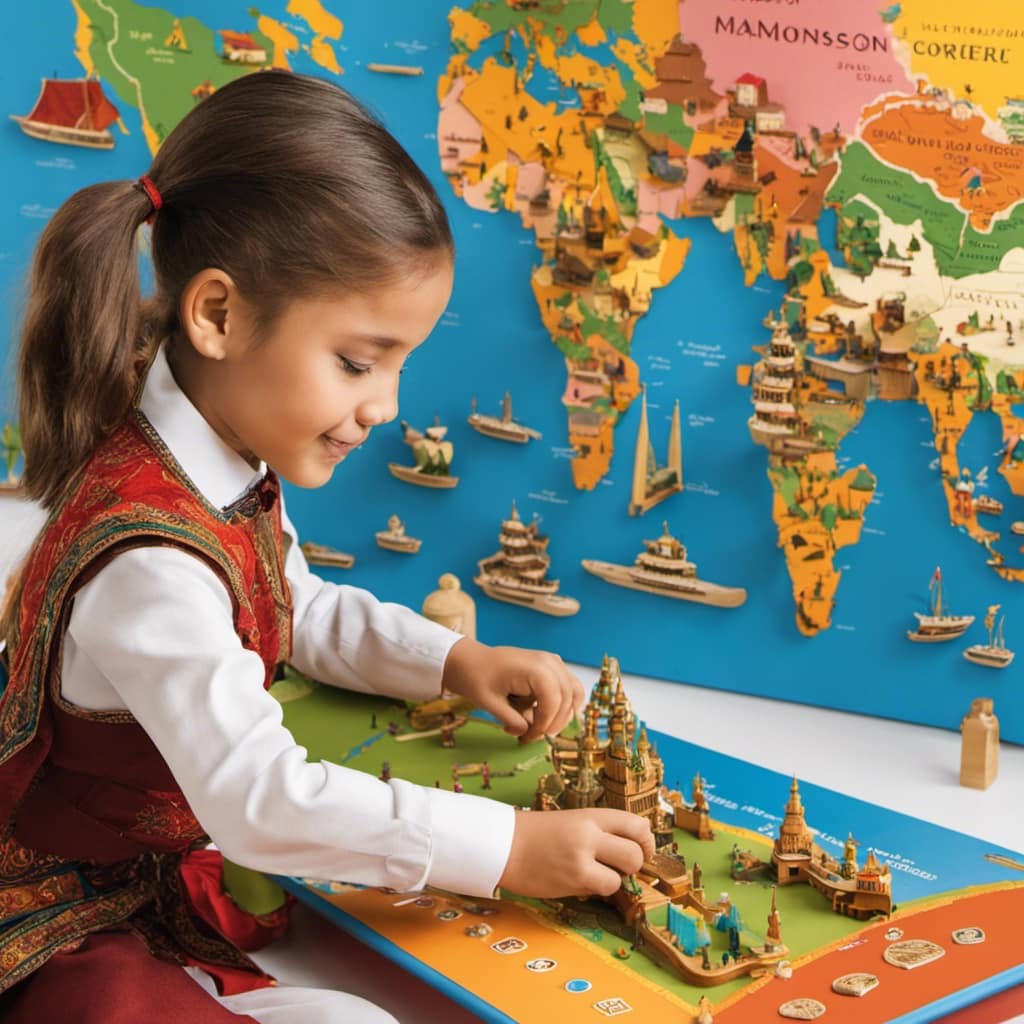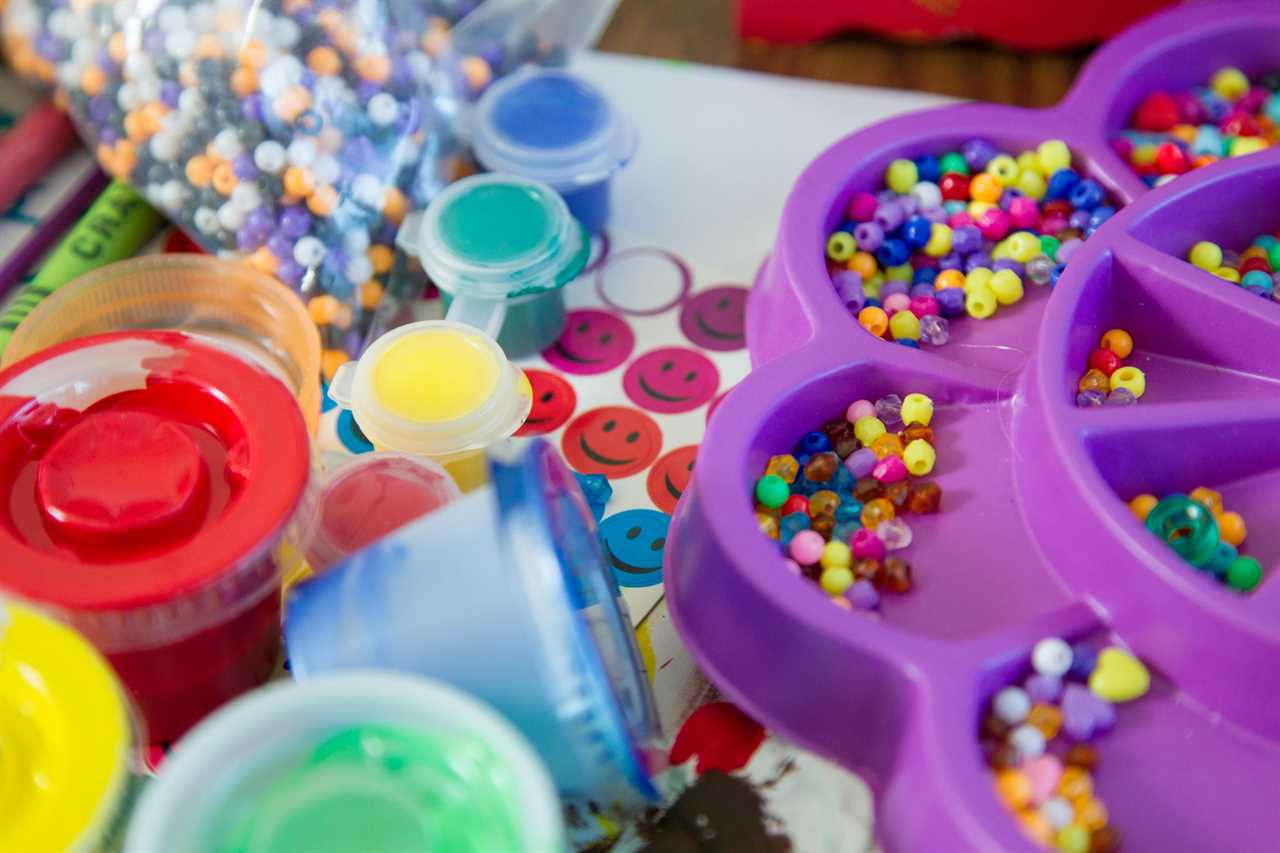As a researcher focusing on child development, I am excited to talk about the importance of sensory stimulation and how the Montessori approach aids in infant development.
Sensory stimulation plays a crucial role in cognitive growth, and the Montessori philosophy recognizes this significance. With a focus on hands-on learning experiences and freedom of movement, the Montessori approach allows infants to explore their surroundings and develop motor skills.
Prepared environments promote independence, while Montessori toys stimulate the senses, encourage curiosity, and foster problem-solving skills.
Join me as we delve into the world of Montessori and discover its benefits for infant development.
Key Takeaways
- Sensory stimulation is crucial for cognitive growth and development in infants.
- Montessori recognizes the significance of sensory stimulation and incorporates it into their philosophy.
- Montessori toys promote independent exploration, curiosity, and problem-solving skills.
- Montessori toys stimulate the senses and allow for hands-on exploration.
Montessori’s Approach to Sensory Stimulation in Infant Development
I believe that Montessori’s approach to sensory stimulation in infant development is crucial for promoting cognitive growth and motor skills.
Montessori recognizes the importance of engaging a child’s senses to enhance their learning experience. The role of hands-on learning is central to Montessori’s philosophy of infant development.

By allowing infants to explore their surroundings and manipulate objects, they develop their motor skills and cognitive abilities. Montessori emphasizes the creation of prepared environments that foster independence and encourage exploration.
These environments are designed to stimulate the senses and provide opportunities for sensory exploration. Through hands-on experiences, infants are able to engage with their environment, develop their senses, and make meaningful connections.
Montessori’s approach to sensory stimulation in infant development sets a strong foundation for cognitive growth and the development of essential motor skills.
The Role of Hands-On Learning in Montessori’s Infant Development Philosophy
Hands-on learning is a fundamental aspect of my philosophy when it comes to developing infants. In the Montessori philosophy, movement plays a crucial role in infant development. It is believed that infants learn best when they are actively engaged and able to explore their surroundings freely.
Open-ended play is highly encouraged as it allows infants to use their imaginations and problem-solving skills. This type of play promotes cognitive growth and enhances creativity. By providing infants with opportunities for hands-on exploration, they develop their motor skills and gain a better understanding of the world around them.
Montessori toys, made from natural materials, are designed to stimulate the senses and foster independent exploration. Through the benefits of open-ended play, infants are able to thrive and develop to their fullest potential.
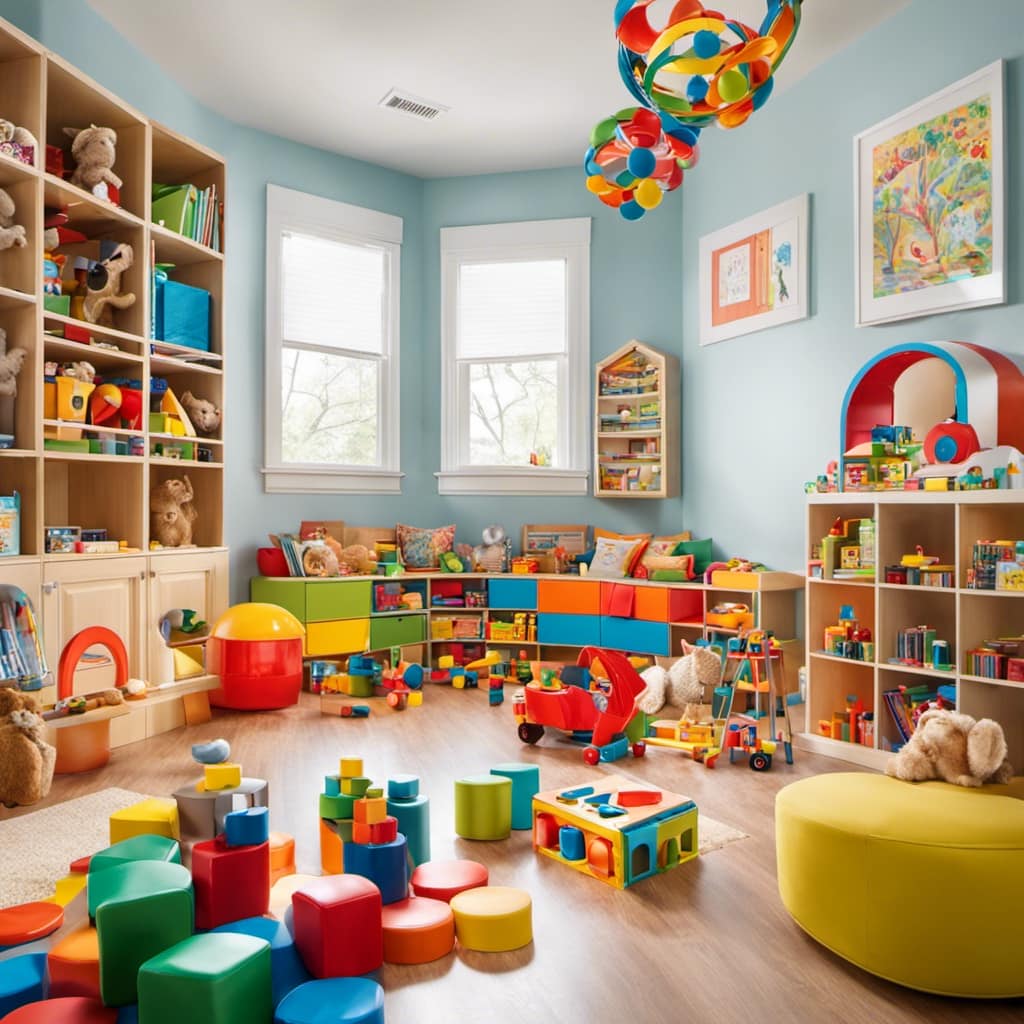
Creating Prepared Environments to Foster Independence in Infants
Creating a prepared environment is essential for fostering independence in infants. It promotes hands-on exploration and allows babies to develop their skills and abilities.
Here are five key ways to create independent environments for infants:
-
Provide freedom of movement: Allowing infants to move freely helps them explore their surroundings and develop their motor skills.
-
Offer age-appropriate toys: Choose toys that encourage hands-on exploration and problem-solving skills. Montessori toys, made from natural materials, are ideal for this purpose.
-
Arrange the environment for success: Set up the space in a way that promotes independence, such as low shelves for easy access to toys and materials.
-
Encourage self-care: Provide opportunities for infants to practice self-help skills, like feeding themselves or putting on their shoes.
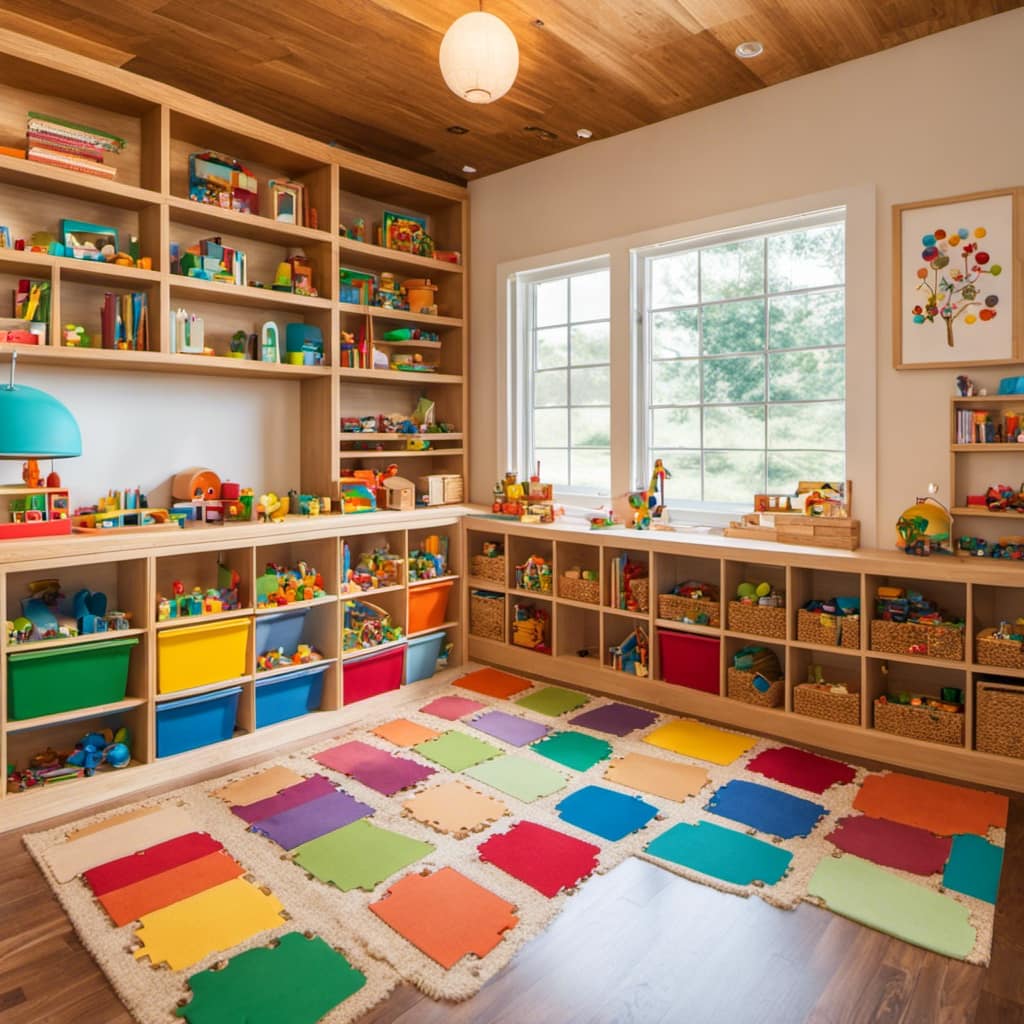
-
Foster a safe and supportive environment: Ensure that the space is childproofed and that infants feel secure to explore and learn at their own pace.
The Benefits of Montessori Toys for Cognitive Growth in Infants
By incorporating Montessori toys into playtime, infants can foster cognitive growth and develop problem-solving skills. Montessori toys are designed to promote fine motor skills, foster creativity, and enhance problem-solving abilities.
These toys encourage open-ended play, allowing babies to use their imaginations and explore their surroundings. Montessori toys stimulate the senses and provide hands-on exploration, which is crucial for cognitive development. They are often made from natural materials, such as wood or fabric, which further promotes sensory stimulation and tactile exploration.
These toys not only entertain infants but also contribute to their overall cognitive growth. By engaging with Montessori toys, babies can develop important cognitive skills, such as critical thinking, problem-solving, and creativity, setting a solid foundation for their future learning and development.
Exploring Tactile Sensations With Montessori Toys
I love how Montessori toys allow babies to explore different textures and engage their sense of touch. It’s amazing to see how these toys enhance their sensory exploration and contribute to their fine motor development.
Here are some ways Montessori toys can help babies in their tactile exploration:
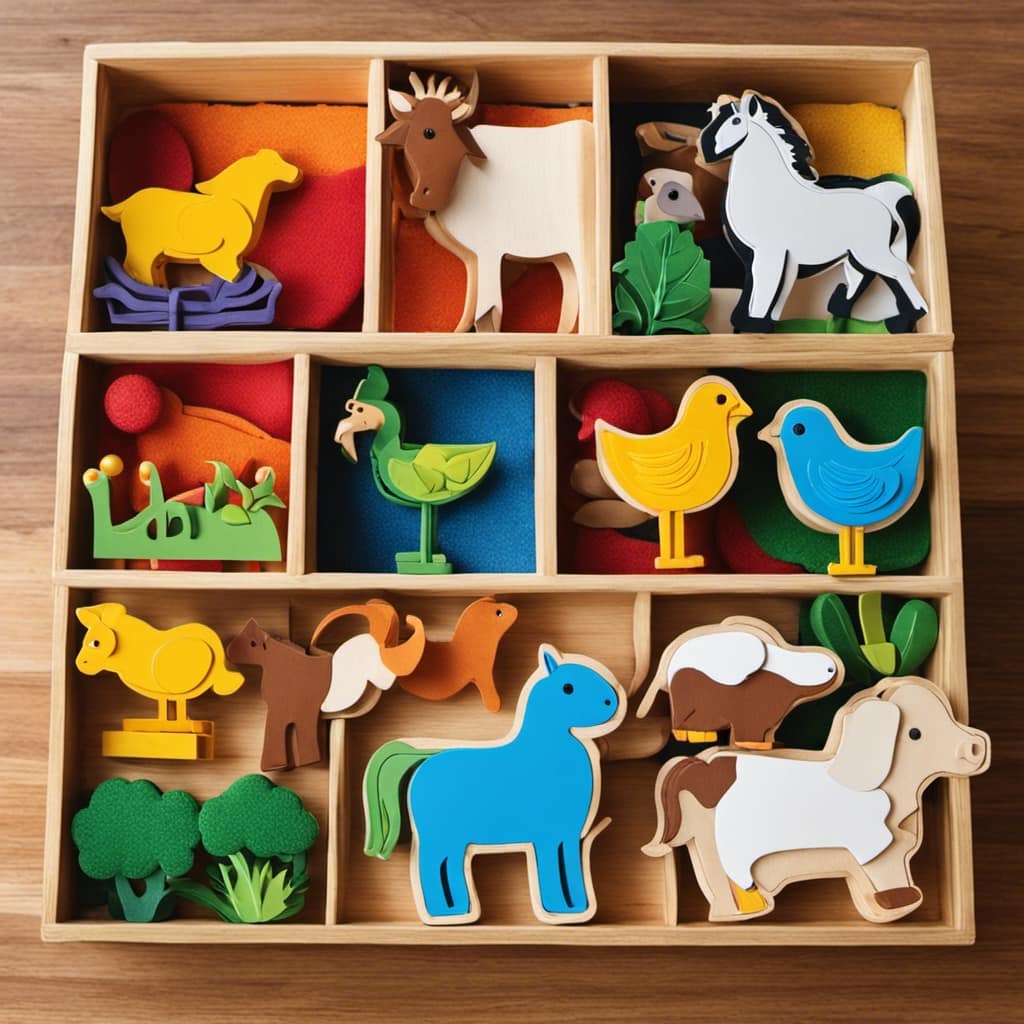
- Sensory Balls: Soft, textured balls for grasping and squeezing.
- Fabric Books: Cloth books with different textures on each page.
- Wooden Blocks: Blocks with different surfaces for exploring various textures.
- Soft Rattles: Toys that make gentle sounds and have different textures.
- Stacking Rings: Rings of different sizes and textures for stacking and exploring.
These toys provide babies with tactile experiences that stimulate their senses and promote sensory exploration. They also help in developing their fine motor skills.
It’s fascinating to watch babies engage with these toys and witness their growth and development.
Montessori Toys: Inclusivity and Support for Children With Special Needs
Using Montessori toys for children with special needs promotes inclusivity and provides support for their unique needs.
Inclusive play is essential for children with special needs to feel included and accepted in their play experiences.
Montessori toys are designed to cater to the diverse needs of children, allowing them to engage in play that is both stimulating and supportive.
These toys provide sensory stimulation, which is crucial for the development of children with special needs. They also support fine motor development, enhancing their ability to manipulate objects and interact with their environment.
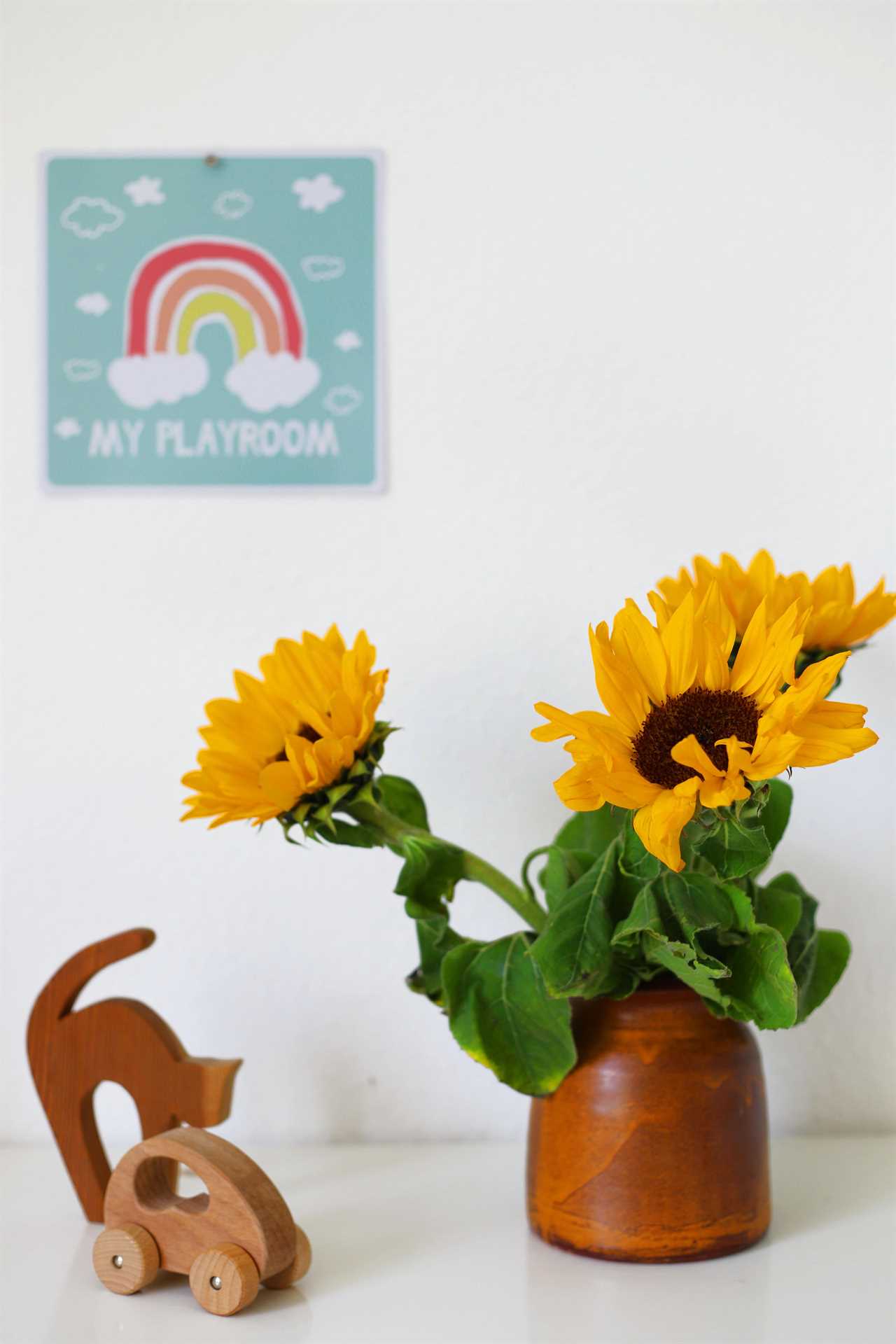
The Montessori approach focuses on individualized learning and encourages children to explore and learn at their own pace.
The Importance of Rotating Montessori Toys for Infants With Sensory Processing Disorders
In my research, I have discovered the importance of rotating Montessori toys for infants with sensory processing disorders. These babies have unique needs that require a supportive environment to thrive. By rotating their toys, we can keep them engaged and stimulated in their learning journey.
Here are some key benefits of rotating Montessori toys for infants with sensory processing disorders:
- Maintains engagement and interest: Regularly introducing new toys helps keep babies interested and engaged in their playtime.
- Stimulates sensory exploration: Different toys offer various textures, sounds, and colors, providing sensory stimulation for these infants.
- Supports cognitive skill development: Rotating toys encourages problem-solving, cognitive growth, and learning in a supportive environment.
- Designed to engage and support unique needs: Montessori toys are specifically designed to cater to the unique needs of infants with sensory processing disorders.
- Helps babies explore and learn: By providing a variety of toys, we create opportunities for these infants to explore and learn in a supportive environment.
Enhancing Engagement and Learning With Montessori Toys for Infants
By regularly introducing new Montessori toys, we can keep infants engaged and stimulated, enhancing their learning experience. Montessori toys promote independent play, creativity, and problem-solving skills, all essential for infant development.
These toys provide sensory stimulation, which plays a crucial role in infant brain development. Sensory experiences allow infants to explore their surroundings, develop fine motor skills, and enhance cognitive growth.
Montessori toys encourage open-ended play, allowing babies to use their imaginations and discover their capabilities. Through hands-on exploration, infants learn to solve problems, think critically, and develop a sense of independence.
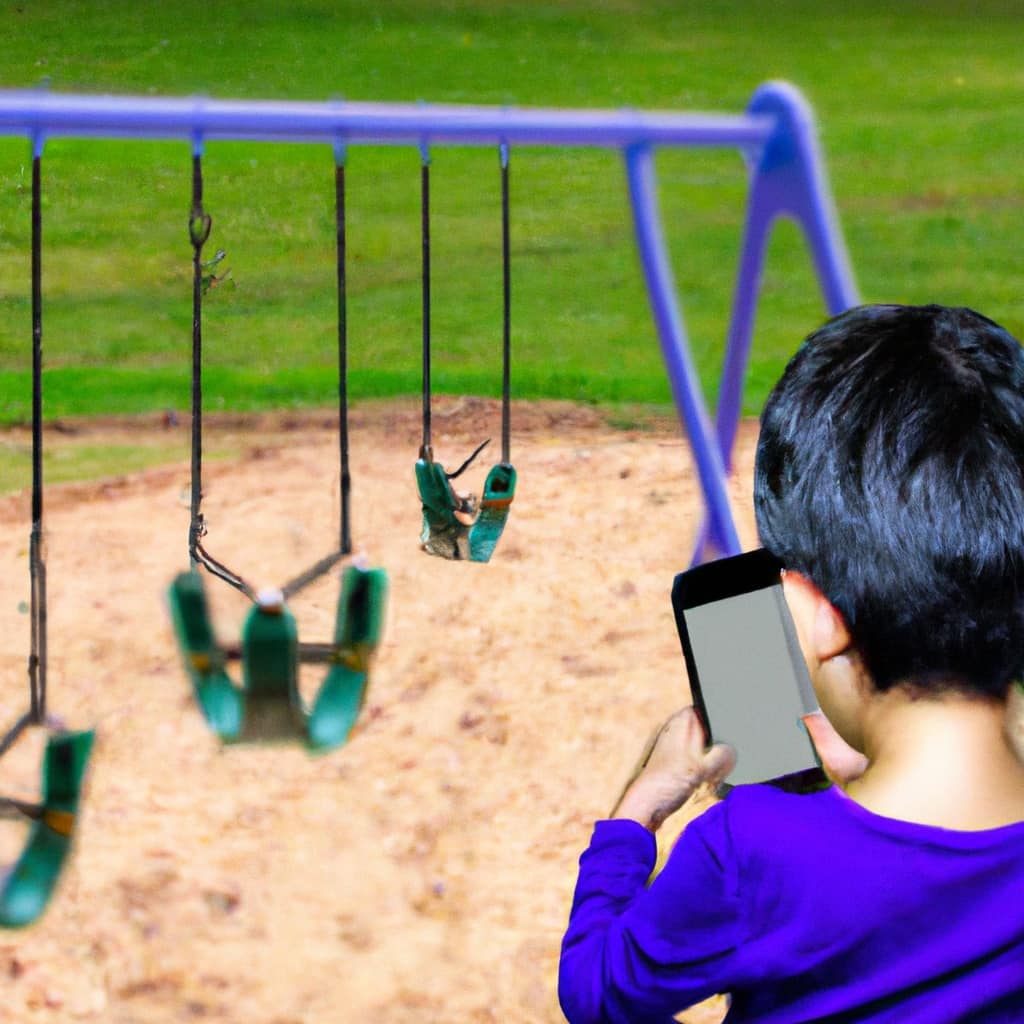
Promoting Sensory Stimulation and Cognitive Skills in Infants Through Montessori Approach
I can promote cognitive skills and engage my baby by incorporating the Montessori philosophy into their playtime.
Montessori toys for fine motor skills and problem-solving skills are excellent tools for stimulating sensory exploration and cognitive development in infants.
By providing these toys, I can encourage my baby to explore and manipulate objects, enhancing their fine motor skills.
Additionally, Montessori toys promote problem-solving skills through open-ended play, allowing babies to use their imagination and find solutions to challenges.
These toys are designed to stimulate the senses and are often made from natural materials, providing a tactile experience.
Frequently Asked Questions
What Are Some Examples of Montessori Toys That Promote Tactile Exploration in Infants?
Some Montessori toys that promote tactile exploration in infants include sensory balls, fabric books, and wooden blocks. These toys contribute to sensory stimulation, fine motor skill development, and overall infant development.
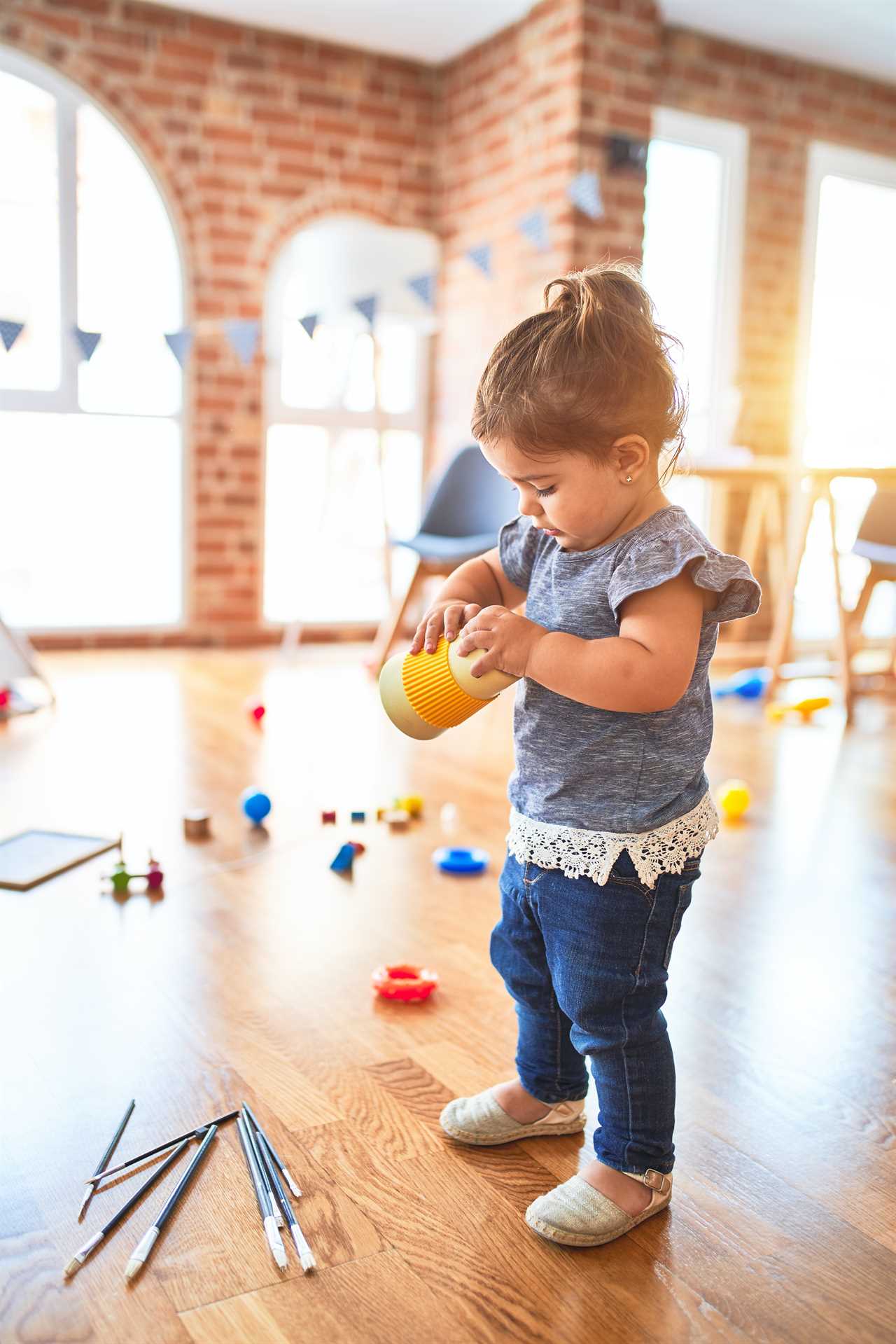
How Do Montessori Toys Benefit Children With Special Needs?
Montessori toys for children with autism offer benefits of sensory stimulation. They provide a supportive environment for exploration and learning, promoting inclusivity in play. These toys aid in cognitive skill development and support the unique needs of children with special needs.
Why Is It Important to Rotate Montessori Toys for Infants With Sensory Processing Disorders?
It’s important to rotate Montessori toys for infants with sensory processing disorders because it maintains engagement, stimulates their senses, and helps them stay engaged in learning. This supports their unique needs and promotes exploration in a supportive environment.
How Do Montessori Toys Enhance Engagement and Learning in Infants?
Montessori toys enhance engagement and learning in infants by providing sensory stimulation and promoting cognitive development. They serve as tools for cognitive growth and incorporate the impact of sensory stimulation on infant learning.
How Does the Montessori Approach Promote Sensory Stimulation and Cognitive Skills in Infants?
The Montessori approach to infant development promotes sensory stimulation and cognitive skills. Through hands-on learning experiences and freedom of movement, Montessori toys stimulate the senses and encourage problem-solving, fostering holistic development in infants.
Conclusion
In conclusion, the Montessori approach to infant development recognizes the crucial role of sensory stimulation in fostering cognitive growth. By providing hands-on learning experiences and freedom of movement, Montessori promotes independence and exploration in infants.
Montessori toys play a key role in this process, stimulating the senses, promoting problem-solving skills, and enhancing fine motor development. For example, a case study showed how a child with sensory processing disorder greatly benefited from rotating Montessori toys, leading to increased engagement, curiosity, and overall development.
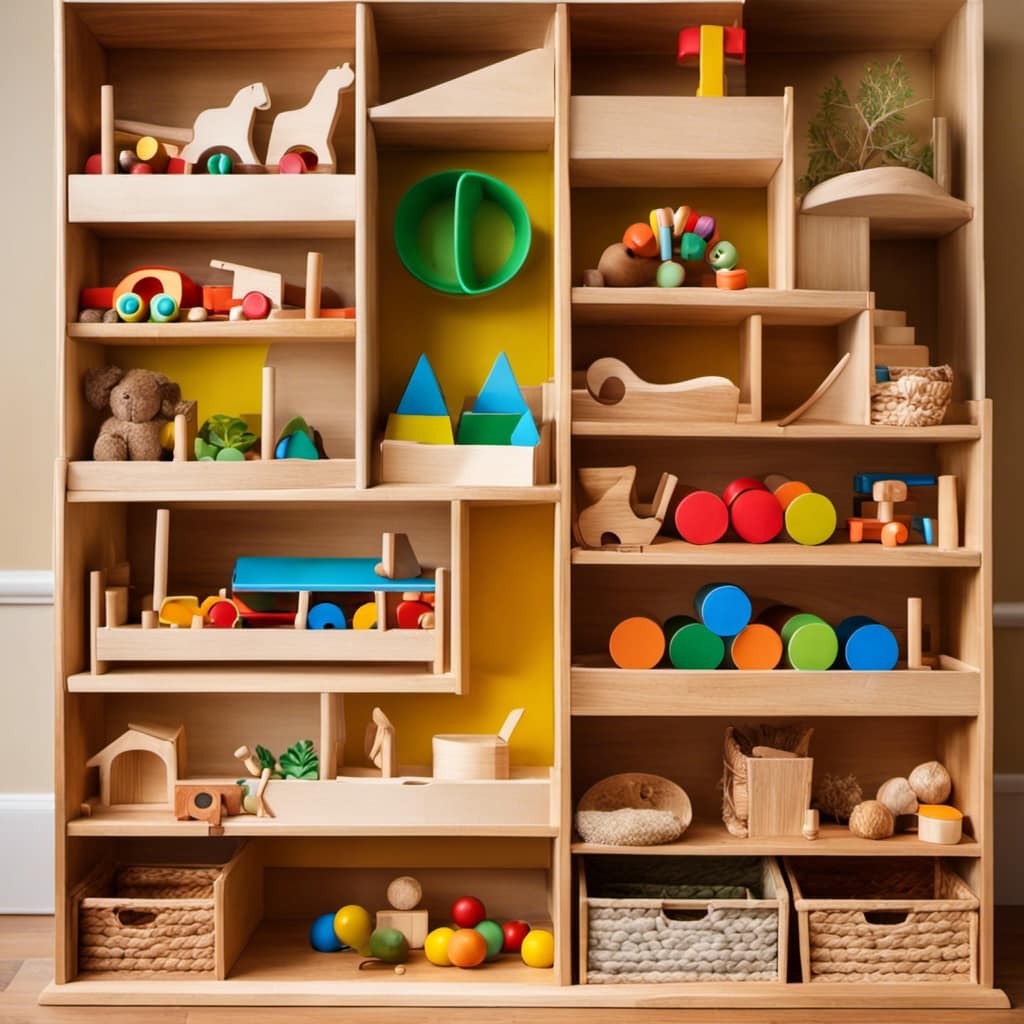
This highlights the importance of tailored stimulation and support for infants with unique needs, creating a nurturing and inclusive environment for all children.


